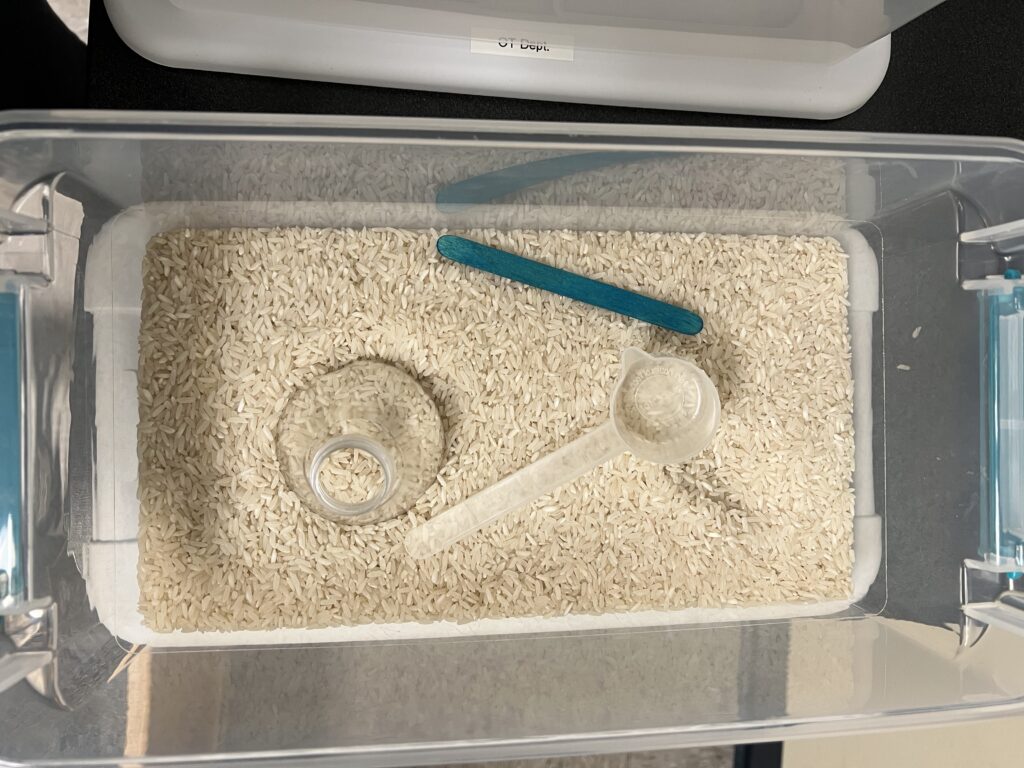
Picky eating is a common problem among children, and it can be frustrating for parents to deal with. However, picky eating can have serious consequences for a child’s growth and development. This is where occupational therapists can help. Occupational therapists are trained to evaluate and treat the underlying causes of picky eating, such as sensory processing issues and oral motor difficulties. Here are some ways that occupational therapists can support picky eaters:
Conducting an evaluation
Occupational therapists can conduct an evaluation to identify the underlying causes of picky eating. The evaluation may include a review of the child’s medical history, a feeding observation, and an assessment of the child’s oral motor skills, sensory processing abilities, and overall development. This evaluation can help identify the specific challenges that the child is facing and guide the development of an individualized treatment plan.
Developing a treatment plan
Based on the results of the evaluation, occupational therapists can develop a treatment plan that is tailored to the child’s specific needs. The treatment plan may include strategies to address sensory processing challenges, such as desensitization to certain textures and tastes. It may also include exercises to improve oral motor skills, such as chewing and swallowing. The therapist may also provide guidance to parents on how to create a positive feeding environment and promote healthy eating habits.
Using sensory-based interventions
Sensory-based interventions are an important part of occupational therapy for picky eaters. These interventions are designed to help children become more comfortable with different textures, tastes, and smells. For example, the therapist may use a “food play” approach, where the child is encouraged to explore different foods through touch, smell, and taste. This can help reduce anxiety and increase the child’s willingness to try new foods.
Working on oral motor skills
Oral motor skills are essential for eating and swallowing. Occupational therapists can use exercises and activities to improve these skills, such as chewing gum, blowing bubbles, and using straws. These activities can help strengthen the muscles in the mouth and improve the child’s ability to eat a variety of foods.
Providing support for parents
Occupational therapists can provide support and guidance to parents of picky eaters. This may include education on feeding techniques and strategies, as well as emotional support. Parents may feel frustrated or overwhelmed by their child’s picky eating, and the therapist can help them understand the underlying causes and develop a plan to address the problem.



Picky eating can have serious consequences for a child’s growth and development. Occupational therapists can play an important role in supporting picky eaters by conducting an evaluation, developing a treatment plan, using sensory-based interventions, working on oral motor skills, and providing support for parents. With the help of one of our skilled occupational therapist, your child can overcome picky eating and develop healthy eating habits for life. Reach out to schedule an evaluation to get your child on the right path with their feeding journey!







